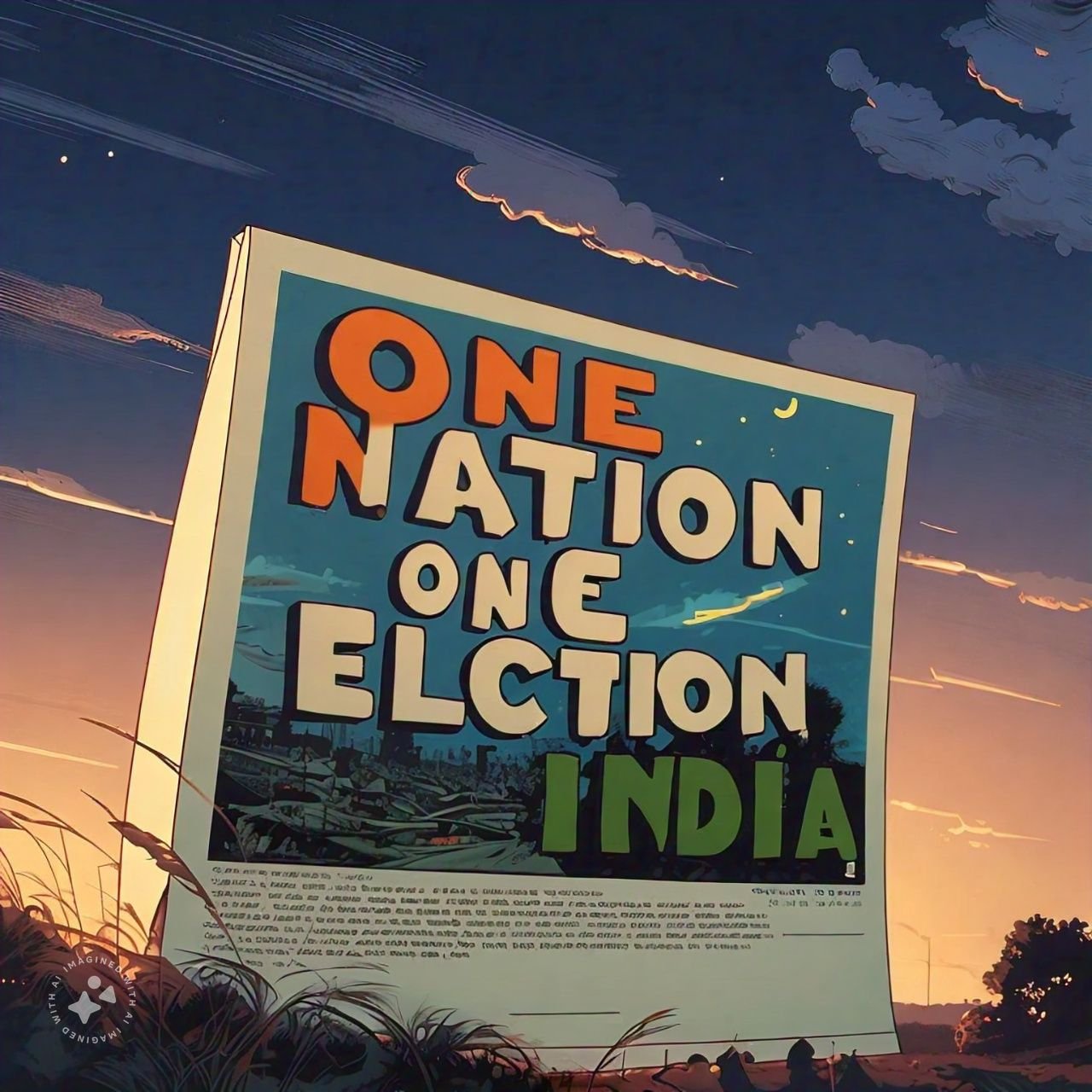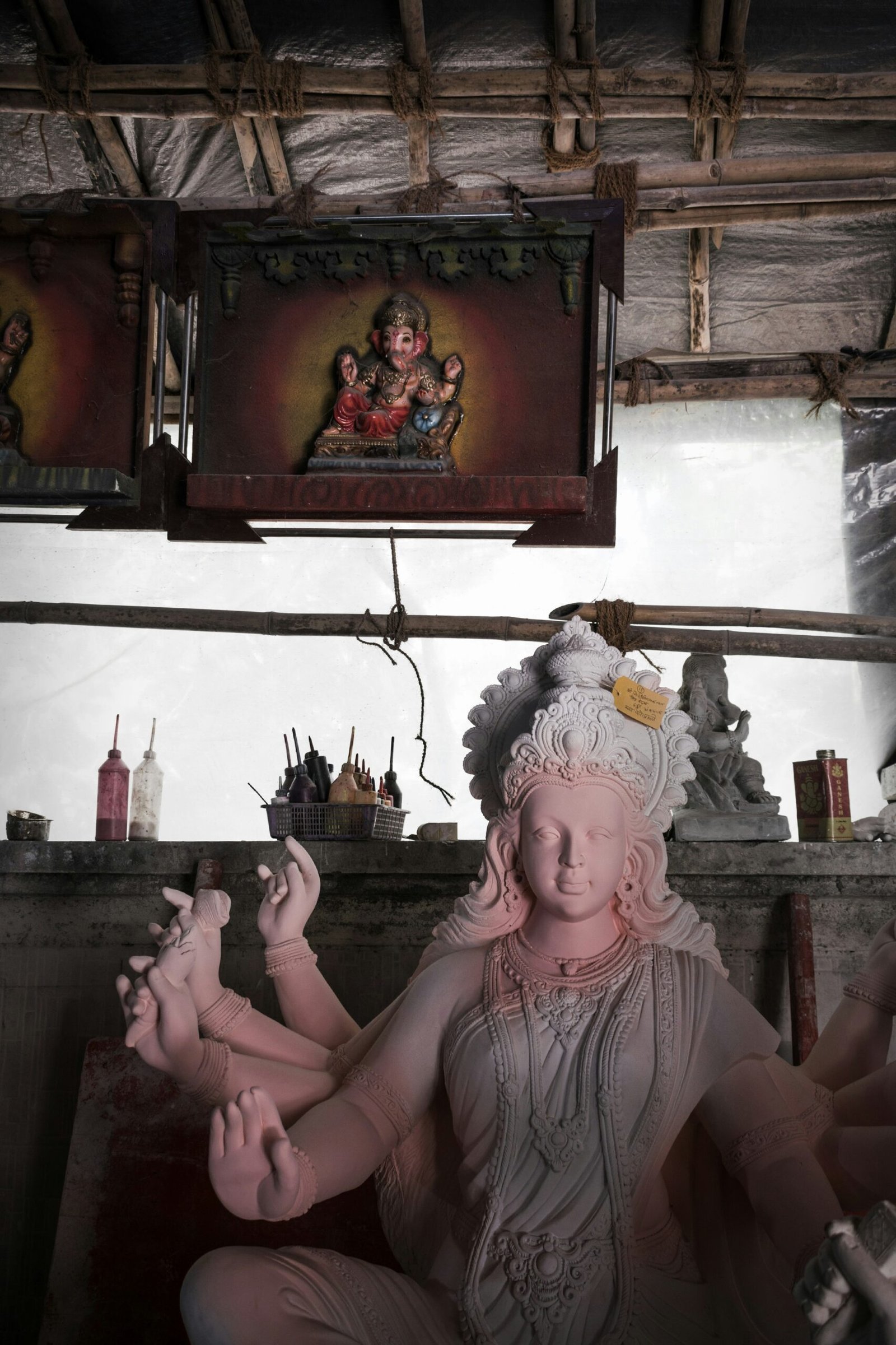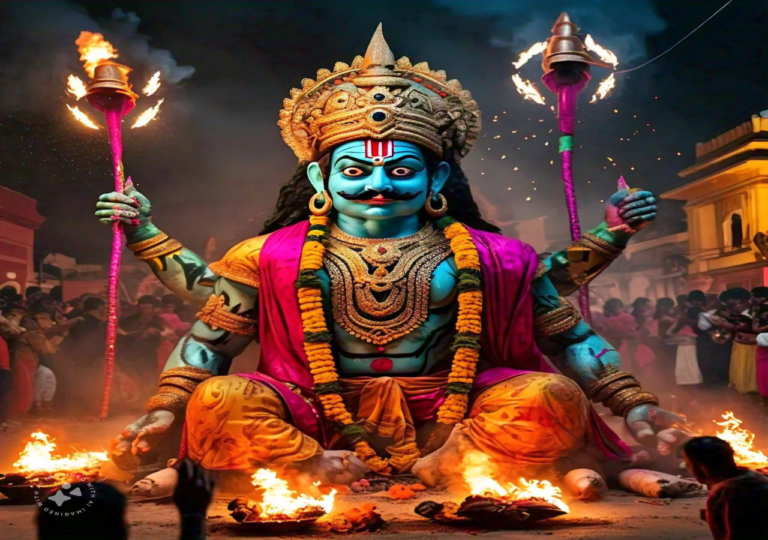
Understanding One Nation, One Election
The concept of “One Nation, One Election” refers to a transformative approach aimed at synchronizing the electoral cycles of various levels of government in India. This proposal advocates holding simultaneous elections for the Lok Sabha, the various state legislative assemblies, and local bodies, thereby streamlining the electoral process under a unified framework. The principle underlying this initiative revolves around enhancing administrative efficiency, reducing the costs associated with conducting frequent elections, and minimizing disruptions to governance.
Currently, India follows a staggered election schedule where different states and bodies hold elections at separate times, often leading to an extended period of campaigning, political volatility, and administrative challenges. This system can fragment attention and resources across multiple electoral events, resulting in voter fatigue and diminished civic engagement. The “One Nation, One Election” model seeks to mitigate these issues by allowing for a single voting day across the nation, thereby promoting greater voter turnout and reducing the costs of conducting the elections.
Historically, the notion of simultaneous elections is not entirely new. The first general elections in India, held in 1951-52, and some state elections were initially synchronized. However, over the years, various factors such as dissolution of state assemblies, political unrest, and differing terms of office led to a fragmented electoral landscape. The rationale behind reinstating this approach considers not just logistical advantages, but also the potential for fostering a more stable political environment, where policy continuity can be achieved, and governance is less susceptible to interruptions.
In light of these discussions, the implications of “One Nation, One Election” extend beyond mere convenience. It represents a significant shift that could redefine the dynamics of Indian democracy, leading to a more cohesive electoral structure while potentially enhancing citizen participation in the democratic process.
Advantages of One Nation One Election
The concept of ‘One Nation, One Election’ offers several advantages that could significantly enhance the efficiency and stability of India’s democratic processes. One of the most notable benefits is the reduction of electoral fatigue among voters. In the current system, elections are held at different times for various levels of government—local, state, and central. This staggered voting can lead to voter apathy, as the continuous electoral cycle may exhaust citizens. By synchronizing elections, citizens could engage in a single electoral exercise, leading to higher levels of participation and interest in the democratic process.
Another significant advantage relates to the reduction in political campaign costs. Campaigning for multiple elections in close succession often requires substantial financial resources from political parties. Consolidating elections may lower these costs, allowing political entities to allocate resources more effectively toward governance and service delivery instead of excessive campaigning. This could also level the playing field, as smaller parties and candidates may find it easier to compete when the burden of campaigning is reduced.
Moreover, implementing ‘One Nation, One Election’ could enhance governance through the establishment of more stable governments. Frequent elections lead to shifts in power, which can result in policy inconsistency and hinder long-term planning. A unified election timeline could provide clarity for elected officials, enabling them to focus on their governance responsibilities rather than constantly preparing for upcoming elections. This stability could foster an environment conducive to better decision-making and effective implementation of policies.
Furthermore, synchronized elections may facilitate better resource allocation and efficiency in the electoral process. Election machinery could be deployed more effectively, leading to cost savings and improved logistical execution, while ensuring that administrative resources are maximized. Overall, adopting ‘One Nation, One Election’ could play a pivotal role in reshaping the electoral landscape of India, allowing for a more engaged citizenry and streamlined governance.
Challenges and Criticisms
The One Nation, One Election initiative has elicited a range of challenges and criticisms from various quarters, primarily concerning its feasibility and implications for India’s democratic fabric. One of the most pressing issues surrounding this proposal is the synchronization of state and central elections. Coordinating elections at multiple levels can pose significant logistical hurdles, including the need for extensive planning and infrastructure to manage concurrent voting processes. The electoral commission must address how to effectively conduct these elections without straining resources or risking voter confusion.
Furthermore, there are considerable constitutional hurdles to consider. India’s Constitution allows states to determine their own electoral schedules, which raises questions about the legality and implications of enforcing a uniform electoral timeline. Critics argue that this could lead to potential conflicts with state laws and governance, hindering local legislative processes that may require timely attention. Such discrepancies could also foster tensions between the central and state governments, undermining cooperative federalism.
Another significant concern is the risk of diminishing regional issues and parties within the broader electoral landscape. The One Nation, One Election framework may inadvertently prioritize national over regional interests, sidelining local matters that require immediate attention. As several regional parties play a crucial role in representing diverse interests and viewpoints, this shift might dilute the representation of democratic diversity that is vital to India’s pluralistic society. Critics warn that the elimination of staggered elections could foster a political environment where larger national parties dominate, ultimately silencing smaller, region-specific voices.
In summary, while the One Nation One Election approach may promise benefits related to resource optimization and reduced election frequency, it faces significant challenges and criticisms that warrant thorough examination. The potential risks to India’s federal structure must be carefully weighed against the proposed advantages to ensure the preservation of its democratic integrity.
Future of One Nation, One Election in India
The One Nation, One Election initiative represents a significant shift in the electoral process in India, aiming to harmonize the timing of elections across the various tiers of government. This transformative approach has incited considerable debate among political analysts, parties, and the electorate. As India moves towards potentially implementing this system, the future of this initiative hinges on several factors, including the evolving political landscape, public opinion, and legislative support.
Currently, discussions surrounding One Nation, One Election are marked by differing viewpoints among political factions. Proponents argue that simultaneous elections could reduce election-related expenditures, facilitate efficient governance, and minimize the disruption caused by frequent electoral cycles. However, critics raise concerns about the implications for local governance and the democratic process. They argue that this proposal risks overshadowing regional issues and may dilute the accountability of elected representatives to their constituents. The dialogue must take into account these contrasting perspectives to forge a path forward that maintains the delicate balance in a diverse nation such as India.
Additionally, ongoing legislative efforts point towards a cautious but determined consideration of the proposal. The government has initiated discussions in Parliament, seeking to garner support from various political parties and stakeholders. Achieving consensus is critical, as differing party ideologies and regional considerations will play a substantial role in the acceptance of this initiative. Furthermore, the presence of influential civil society organizations and public opinion can significantly influence the trajectory of this movement.
Ultimately, the future of One Nation, One Election will not only shape governance and electoral reforms but also deeply affect the fabric of Indian democracy. A broad-based consensus among stakeholders will be essential to advance this initiative, ensuring that it serves the collective interests of the nation’s vast and diverse populace while preserving the core democratic principles that underpin the nation’s governance.




